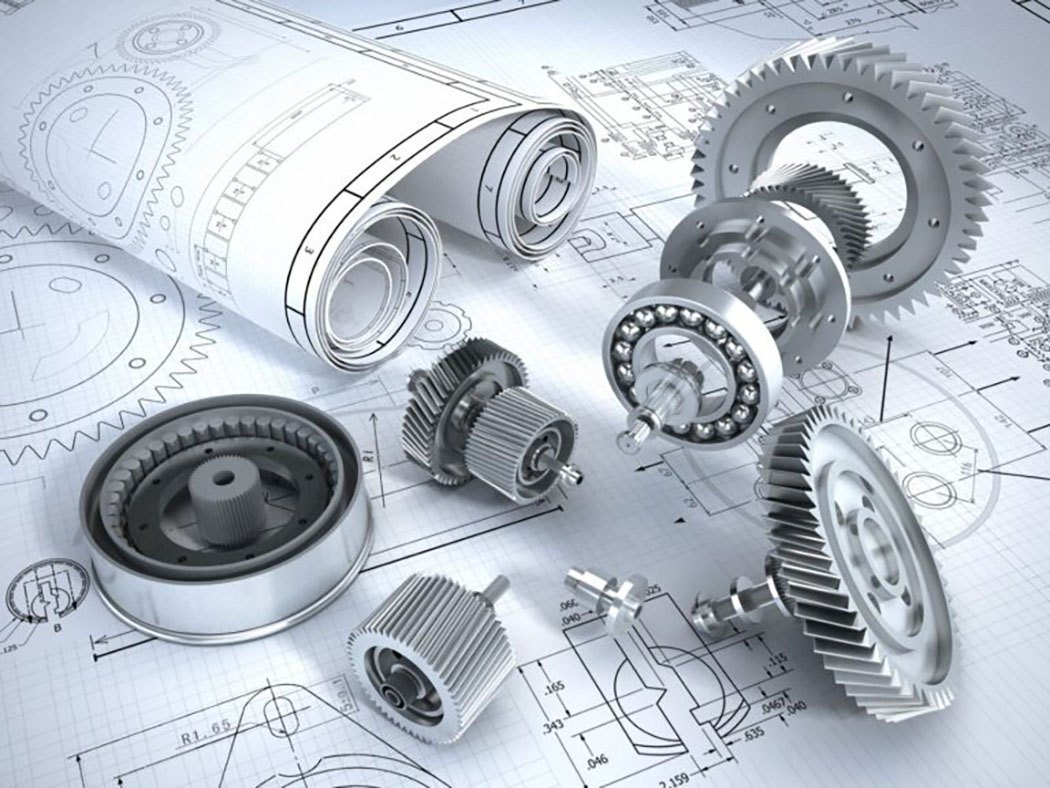The future of precision engineering is characterized by its deep integration with Industry 4.0 technologies and a growing emphasis on automation, smart materials, and sustainability. This evolution is vital across critical sectors like aerospace, medical devices, automotive, and defence, where accuracy and reliability are paramount.
Key Trends Shaping the Future
- Automation and Robotics: Advanced robotics and automated systems are performing complex tasks with increased consistency and minimal human error, enhancing efficiency and safety on the production floor.
- Artificial Intelligence (AI) and Machine Learning (ML): AI algorithms analyze vast datasets to optimize production processes, enable predictive maintenance, and improve overall decision-making, allowing machines to adapt and learn in real time.
- Additive Manufacturing (3D Printing): This technology has moved beyond prototyping to produce complex, intricate components using a wider range of high-performance materials, offering greater customization and less material waste.
- Internet of Things (IoT) and Smart Sensors: The integration of IoT and smart sensors in tools and machinery allows for real-time monitoring of conditions such as vibration, temperature, and wear. This data is used to optimize operations and predict failures before they occur.
- Digital Twins and Simulation: Engineers use virtual replicas of physical assets (digital twins) for extensive simulations and testing. This shortens development cycles, optimizes performance, and reduces the need for costly physical prototypes.
- Advanced Metrology: The science of measurement is advancing with technologies like laser interferometry and Coordinate Measuring Machines (CMMs), ensuring components meet ultra-tight tolerances and improving overall quality control.
- New Materials: The use of advanced alloys, composites, and smart materials (which react to environmental changes) is enabling the creation of lighter, stronger, and more durable components for extreme conditions.
- Sustainability and Circular Economy: There is a growing focus on developing easily recyclable or reusable components and adopting energy-efficient, waste-minimizing manufacturing processes.
Impact Across Industries
Precision engineering is a critical force for innovation in demanding sectors:
- Aerospace and Defence: Requires micron-level precision and zero tolerance for error to guarantee safety and performance of components like jet engines and missile systems.
- Medical Devices: Enables the creation of sophisticated instruments, prosthetics, and bioengineered organs where accuracy directly impacts patient care and safety.
- Automotive: Essential for developing reliable components for the transition to electric vehicles (EVs) and autonomous driving systems, improving performance and safety.
- Electronics and Semiconductors: Drives the ongoing trend of miniaturization, requiring high accuracy and consistency in component production.
The future of precision engineering is a connected, intelligent ecosystem where cutting-edge technology and skilled expertise converge to push the boundaries of what is possible in manufacturing. This is testing.

